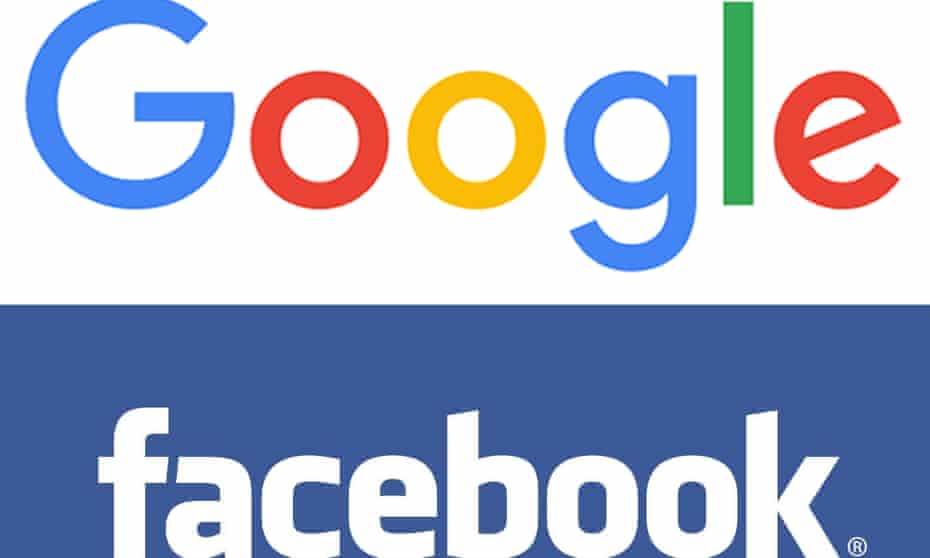A federal judge has allowed crucial elements of an antitrust case against Google to proceed, including allegations that Google illegally monopolized the ad-tech market. However, Judge P. Kevin Castel dismissed claims of collusion between Google and Facebook (now Meta) in the “Jedi Blue” program.
Castel’s ruling (spotted by Bloomberg reporter Leah Nylen) says states have plausibly alleged Google has a monopoly in ad servers and ad exchanges and that its actions have had anticompetitive effects. It also says Google may have unfairly competed with operations like Project Bernanke, a secret program that allegedly edged out competitors by using Google’s access to data.
The suit, led by Texas Attorney General Ken Paxton, is one of several legal attacks on Google’s power in the tech world.
The judge dismissed some of the complaint’s most prominent allegations, including claims that Jedi Blue, a deal in which Google and Facebook teamed up for ad auctions, constituted monopolistic behavior.
“The states’ allegations are not plausible because they fail to adequately account for Facebook’s motivation to use its economic clout as an advertiser to drive the hardest bargain it could with Google,” wrote Castel, “and that Google was motivated by the legitimate, pro-competitive desire to obtain as much business as possible from Facebook.”
In a statement posted online, Google described today’s ruling as a victory, calling the Meta agreement a “centerpiece” of Paxton’s case. “Today’s decision underscores how AG Paxton’s case is deeply flawed,” it said. “We look forward to setting the record straight about the remaining claims.”
Google is facing a variety of lawsuits and investigations over ads and other parts of its business. Among other parties, the US Department of Justice sued the company in 2020, and it’s reportedly preparing to join the state-level ad-tech suit with its own federal complaint. Meanwhile, states and federal agencies are pushing cases against other “Big Tech” companies like Meta — which saw a US Federal Trade Commission case against it upheld earlier this year.




